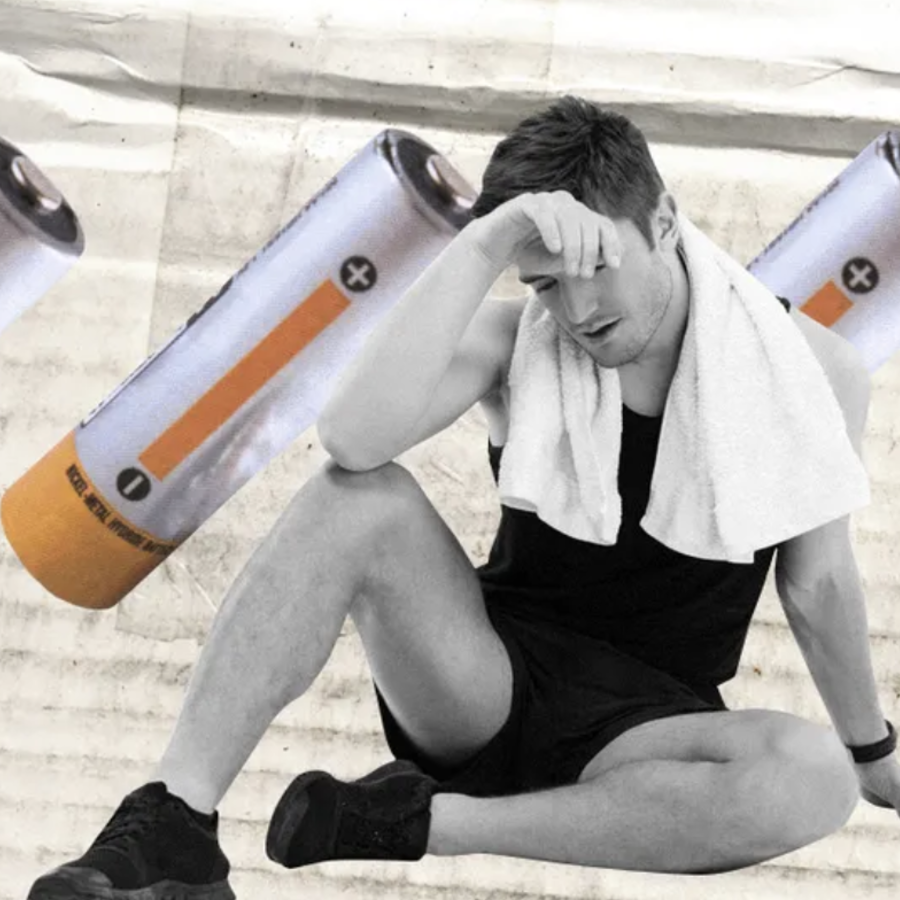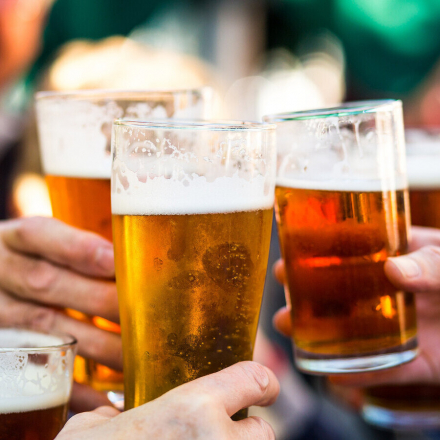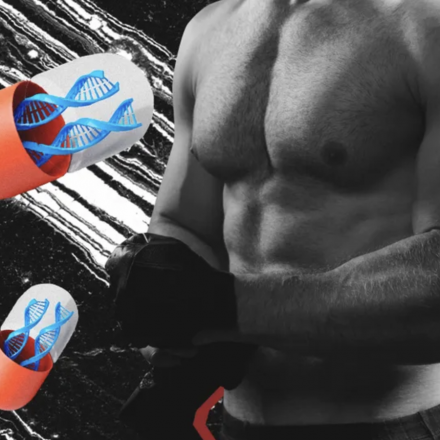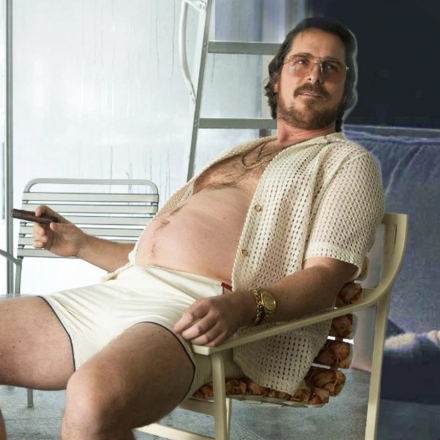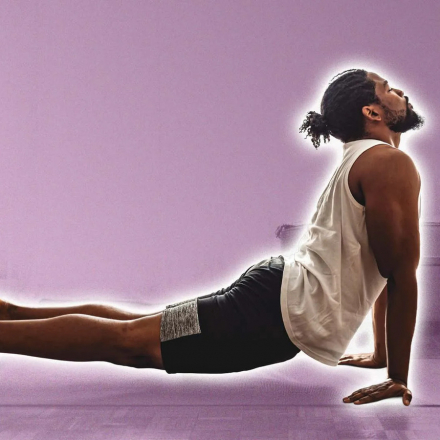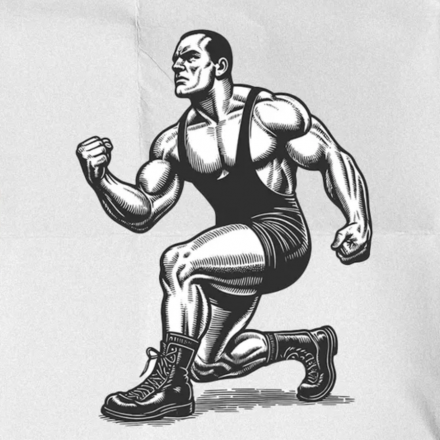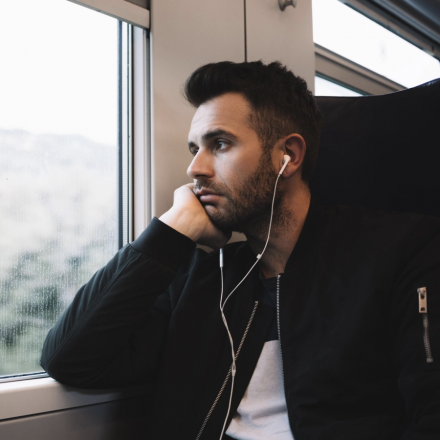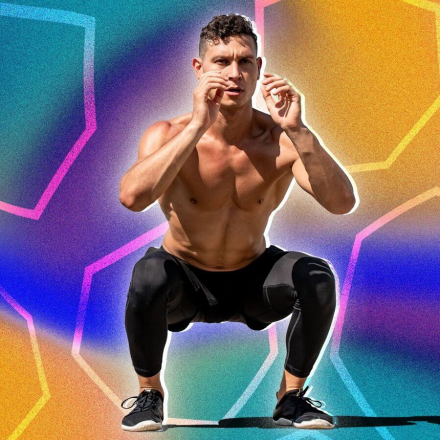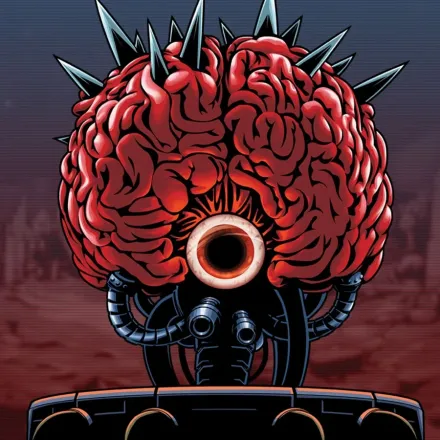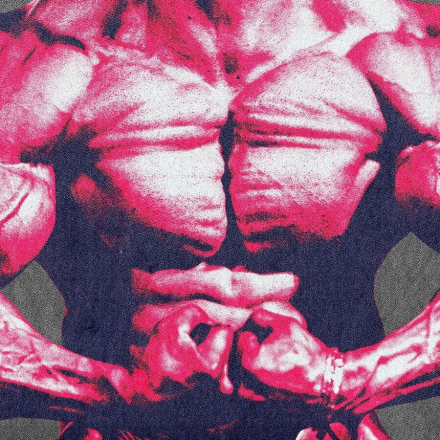You think that a couple of weeks without working out won't affect your body? Think again! Time away from physical activity won't go unnoticed. Your body will start to change, and those changes may not be as pleasant as you'd expect. Here's what happens to your body when you stop exercising.
Energy levels will drastically drop
Training isn't just about muscles, it's also about energy. When you work out, your body releases endorphins – the "feel-good" hormones that give you a boost of energy and lightness. Without regular exercise, this process slows down. You'll wake up feeling tired, have trouble focusing, and by the evening, you'll just want to lie down. And the worst part: the longer you go without exercising, the harder it becomes to get your usual energy levels back.
Muscles will lose firmness
If you're used to working out regularly, you know how important it is to keep your muscles toned. But without physical activity, your muscles begin to lose their firmness and definition. Muscle atrophy starts quickly: after just 2-3 weeks, your muscles will shrink, especially the ones you've worked out most often. A sculpted six-pack and defined biceps turn into less pronounced muscles, and your arms and legs become flabbier.
Metabolism will slow down
When you exercise, your body actively burns calories even when you're resting. But if you stop working out, your muscles will shrink, and so will your metabolism. You might not notice it immediately, but after a month or two, you'll find that your jeans are tighter. Your body now burns 10–15% fewer calories at rest, and any excess calories are stored "for later."
Your heart will weaken
Regular workouts strengthen the heart, making it more resilient. Without exercise, your heart loses its strength. After just two weeks without cardio, you'll notice that your pulse increases, and your heart tires more quickly. The left ventricle of the heart, which enlarges with regular exercise, shrinks in size, leading to a decrease in endurance.
Sleep problems
Exercise helps you fall asleep faster and improves sleep quality. Without physical activity, your sleep becomes restless, and you'll wake up feeling exhausted. Hormonal balance gets disrupted, leading to trouble falling asleep and poor sleep quality. Micro-awakenings become more frequent, and your brain doesn't get enough time to enter the deep sleep stages.
Your immune system will weaken
Exercise strengthens the immune system by promoting the production of protective cells. But after a break, your immune system weakens, and you become more susceptible to infections. After 2-3 weeks without exercise, you might start catching colds more often, as immune cells become less active. The number of T-lymphocytes, which help the body fight off viruses and bacteria, decreases.

